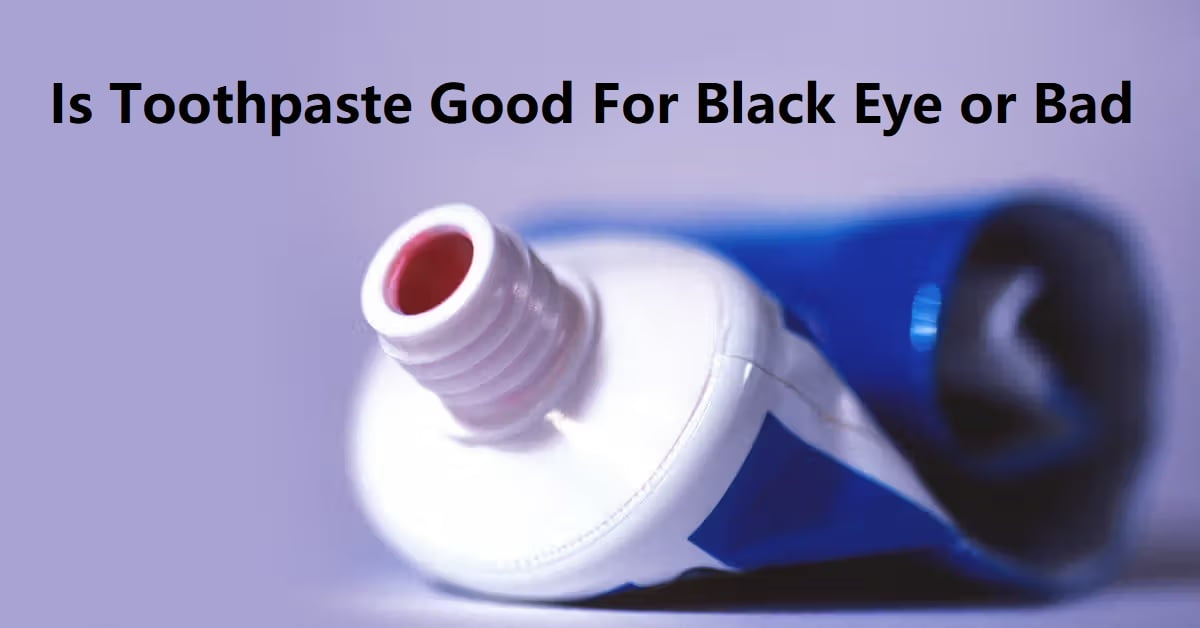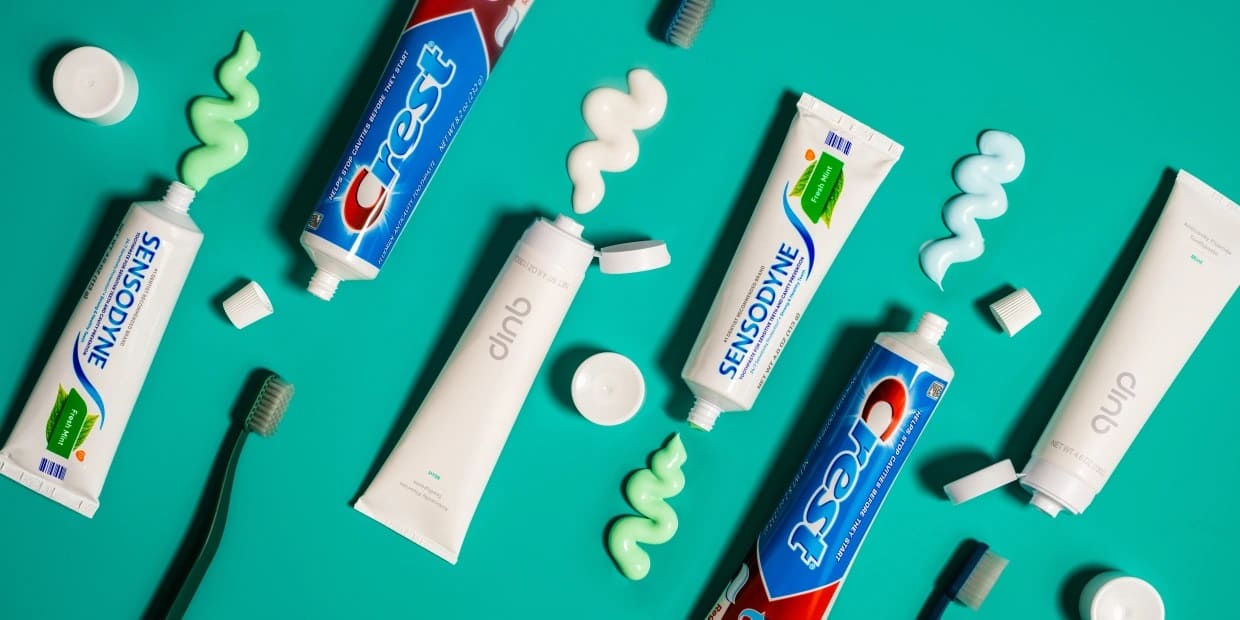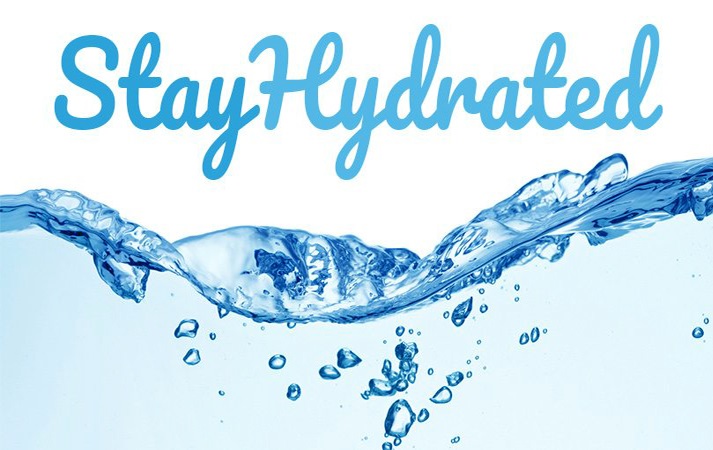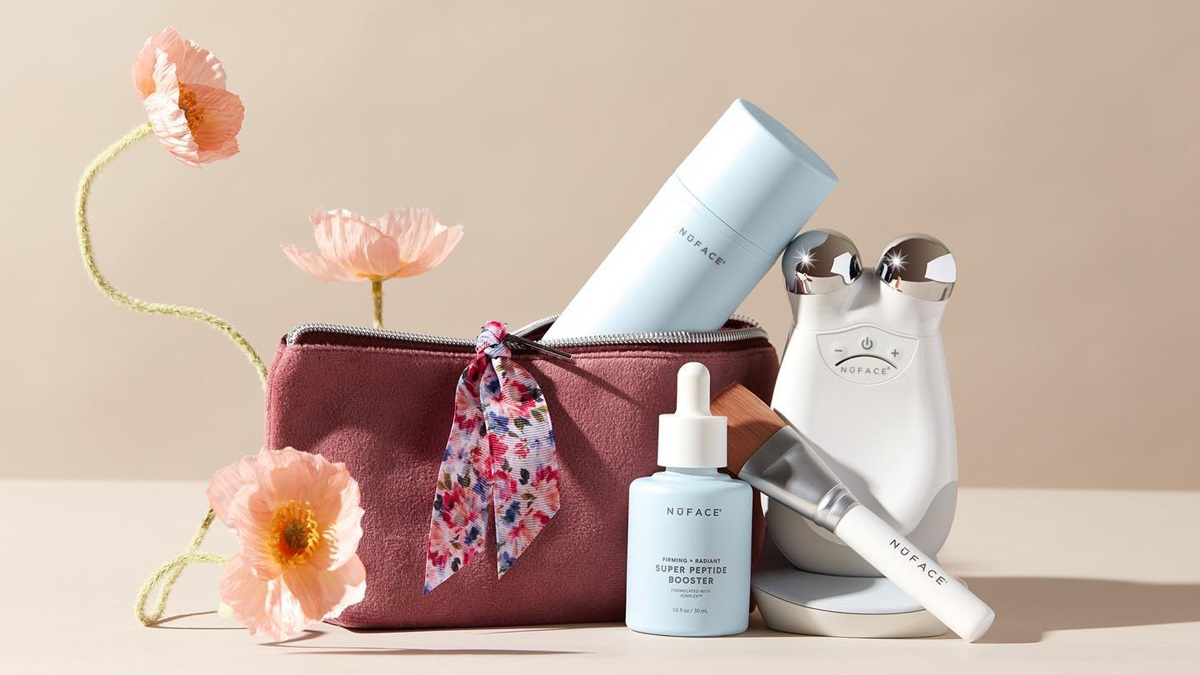
Is Toothpaste Good For the Black Eye?: A black eye, also known as a periorbital hematoma, is a common injury that causes bruising around the eye. It is usually caused by an injury to the face or head that ruptures blood vessels near the eye. While a black eye can look quite dramatic with the dark purple and blueish discoloration, it usually heals on its own within 1-2 weeks.
Some people believe that applying toothpaste to a black eye helps reduce bruising and speeds up healing. But is this just an old wives’ tale or does tooth paste truly help black eyes? This article will examine whether using toothpaste on a black eye is helpful or harmful and provide an overview of evidence-based treatments for black eyes.
How Do Black Eyes Happen?
To understand if tooth paste helps for black eyes, it helps to first understand what causes a black eye. A black eye forms when there is bleeding underneath the thin layer of tissue known as the periorbital septum that surrounds the eye. This bleeding, called a periorbital hematoma, causes bruising as blood accumulates.
Common causes of black eyes include:
- Blunt force trauma to the eye area, such as from a punch, elbow jab, sports injury, or car accident
- Injuries to the nose or cheekbones that spread bruising to the eye area
- Falls where the eye hits a hard object
- Certain medical conditions like hemorrhagic diseases or blood thinners that increase bleeding
When the periorbital septum fills with blood from damaged capillaries and veins near the surface of the skin, it leads to black and blue discoloration around the eye. The darker color comes from blood near the surface, while the blue/purple tones come from deeper bruising. The whole area can become swollen as fluid accumulates.
Is Toothpaste An Effective Home Remedy for Black Eyes?

Using toothpaste on a black eye is a popular home remedy. But when looking at the evidence, it turns out toothpaste does not help heal black eyes. Here’s an overview of why it is not effective:
No Medicinal Ingredients for Bruising
Toothpaste is meant for cleaning teeth and contains ingredients like detergents, abrasives, binders, humectants, flavors, colors, and fluoride. It does not contain any active medicinal ingredients to treat bruising or speed healing. So just putting toothpaste on the skin does not provide any medical benefits.
Can’t Penetrate Deep Bruising
The discoloration from a black eye comes from blood pooling underneath the skin in the soft tissues around the eye. Tooth paste applied on the surface does not penetrate deep enough into those tissues to impact the pooled blood or heal damaged capillaries.
No Reducing Swelling
Another touted benefit of toothpaste for black eyes is reducing swelling. But again, toothpaste does not contain any medical ingredients that are shown to help reduce fluid accumulation and swelling around an injury. The menthol in some toothpaste may provide a cooling sensation but does not physically reduce swelling.
No Evidence From Research
There are no scientific studies demonstrating that toothpaste is an effective treatment for black eyes. Research to date has not found any benefits from using topical tooth paste on bruises.
Can Irritate Skin
Since toothpaste products contain ingredients like detergents and abrasives meant to clean teeth, they can sometimes irritate skin, especially already injured or broken skin. Putting toothpaste on a black eye could potentially cause further irritation and skin damage.
So with no medicinal benefits, no ability to penetrate deep bruising, and potential skin irritation, toothpaste is not recommended for treating black eyes. At best it does nothing, and at worst it could make the bruising worse. Skip the toothpaste and opt for more evidence-based remedies instead.
Does Toothpaste Help Black Eyes Heal Faster?
Related to using toothpaste directly on a black eye is the idea that it can somehow help speed up the healing process. Many websites claim that the ingredients in toothpaste, like menthol and baking soda, reduce bruising and help it fade faster. However, there is no clinical evidence showing toothpaste accelerates the healing of a black eye.
Here’s a look at why toothpaste likely does not help black eyes heal faster:
- No impact on the body’s healing process– The body heals bruises on its own by reabsorbing blood and repairing damaged blood vessels. Toothpaste does not accelerate these innate healing processes when applied topically.
- No penetrating active ingredients– As covered earlier, toothpaste sits on the surface of the skin and does not penetrate to interact with the pooled blood underneath.
- No absorption enhancers– Toothpaste does not contain any pharmaceutical-grade penetration enhancers that help active ingredients absorb into the skin for faster healing.
- Temporary cooling at best– Menthol may provide some very short-term cooling but does not reduce inflammation or speed tissue repair.
- No clinical trials– There are no studies demonstrating faster healing of black eyes with toothpaste treatment.
While applying cooling toothpaste may feel soothing, there is simply no scientific evidence that it speeds up bruise healing. The body will heal a black eye in 1-2 weeks regardless of whether toothpaste is applied or not. So skip the toothpaste and let the bruise follow its natural healing timeline.
Evidence-Based Treatments for Black Eyes
Although toothpaste does not help heal black eyes, there are evidence-based home treatments that can provide relief and potentially speed healing. Here are some remedies for black eyes that have medical research supporting their effectiveness:
Cold Compresses
Applying something cold to a fresh black eye constricts blood vessels, reduces swelling, and provides pain relief. Good options are an ice pack, a bag of frozen peas, or even a cold spoon. Apply the compress gently for 10-20 minutes several times a day for the first 1-2 days. Make sure to wrap the ice in a towel to avoid cold-related injuries to the skin.
Pain Relievers
Over-the-counter non-steroidal anti-inflammatory drugs like ibuprofen (Advil, Motrin) or naproxen (Aleve) can help with pain and swelling reduction. Acetaminophen (Tylenol) may also help relieve pain. Follow dosage instructions based on age and health status.
Arnica
Arnica is a homeopathic herb that has been shown in some studies to help minimize bruising when applied topically. It is available as gels, creams, ointments, and oral tablets. Only apply topical arnica to unbroken skin.
Bromelain and Quercetin
Bromelain and quercetin are plant-derived compounds with natural anti-inflammatory properties. Research indicates supplements containing bromelain and quercetin can help reduce swelling and bruising from injuries when taken orally at recommended doses.
Rest and Protection
Be sure to get adequate rest following a black eye injury to allow your body to recuperate. Also protect the injured eye from sunlight, dust, and further trauma with sunglasses.
Elevation
Keep the head elevated on pillows when resting to minimize fluid accumulation around the eye. This can help reduce swelling.
When using any treatments, stop immediately if they increase pain or irritation. See a doctor if vision changes, pain worsens, swelling increases, or if symptoms don’t start to improve within a few days. Serious injuries like orbital bone fractures or eye damage require medical treatment.
When to See a Doctor for a Black Eye
Black eyes generally heal on their own without requiring medical care. However, it’s a good idea to be evaluated by a doctor if:
- Vision problems develop like blurriness, double vision, or loss of peripheral vision
- The eyeball appears misshapen or bulging
- You experience moderate to severe pain
- The swelling gets progressively worse
- Symptoms haven’t improved after 2 weeks
- The injury was caused by a severe trauma like a car accident
- Do you have bleeding disorders or are taking blood thinners
Seek emergency care right away for:
- Sudden loss of vision
- The pupil looks irregularly shaped
- Eye pain is severe
- There are lacerations around the eye
- The eyeball appears ruptured or leaking fluid
- The eye seems very rigid and immobile
These types of symptoms could indicate a serious eye injury like an orbital fracture, ruptured globe, bleeding in the eye, or damage to the eye muscles or optic nerve. Prompt medical care is needed to prevent permanent vision impairment.
Are There Any Home Remedies to Avoid for Black Eyes?
When trying to self-treat a black eye at home, there are a few misguided remedies to avoid:
- Raw meat– Placing raw meat, like a steak, on a black eye was once thought to help but can increase the risk of infection. Raw meat should never be used.
- Butter– Butter does not have any properties that aid bruise healing and letting dairy sit out increases bacterial growth. Stick to sterile products.
- Rubbing alcohol– Due to its high alcohol content, rubbing alcohol can irritate the skin and eyes. Best to avoid applying near the eyes.
- Toothpaste– As covered earlier in this article, toothpaste is not effective for treating black eyes.
- Makeup– Cosmetics should not be applied until swelling and discoloration have resolved, as they can seal in fluid and bacteria and worsen the condition.
- Heat– Heat can exacerbate swelling and inflammation in the acute injury stage. Avoid heat packs, hot compresses, etc in the first 48 hours.
- Petroleum jelly– Petroleum-based products like Vaseline do not have healing properties and can block oxygen from reaching the skin’s surface.
Always confirm any at-home remedies with your pharmacist or doctor to make sure they are appropriate for your specific injury. When in doubt, stick to conservative treatments like ice, OTC pain relievers, rest, and medical supervision.
Frequently Asked Questions About Toothpaste on Black Eyes
- Why do people think toothpaste works for black eyes?
Some of the proposed reasons people think toothpaste helps black eyes include the cooling sensation from menthol, the idea that the minty smell improves circulation and the abrasives remove dead skin to reduce discoloration. However, these are all myths not supported by scientific evidence.
- Can I put toothpaste on my black eye overnight?
No, you should never put toothpaste on a black eye overnight. Toothpaste should not be used for treating black eyes at all. Leaving toothpaste on the thin skin around the eye overnight increases the risk of irritation and infection.
- Does toothpaste reduce bruising?
No, toothpaste does not help reduce bruising from a black eye. The discoloration comes from blood deep under the skin that toothpaste cannot penetrate. There are no ingredients in toothpaste that aid the body’s natural healing and reabsorption of the pooled blood.
- Why shouldn’t you put toothpaste on a black eye?
You should not put toothpaste on a black eye because it provides no medical benefit, does not reduce swelling or bruising, and may irritate the already damaged tissues. Toothpaste is only meant for use on teeth. Evidence-based remedies like ice, OTC pain meds, arnica creams, and rest are safer ways to help a black eye heal.
- Does Colgate toothpaste help black eyes?
No, Colgate toothpaste provides no extra benefit for healing black eyes. Like any brand of toothpaste, Colgate contains ingredients for oral hygiene only and does not contain anything medically proven to heal bruises or tissue damage around the eyes. Using Colgate or any toothpaste could further irritate a black eye.
Disclaimer
This article is for informational purposes only and is not medical advice. It is not intended to be a substitute for professional medical advice, diagnosis, or treatment. Always seek the advice of your physician or other qualified health provider with any questions you may have regarding a black eye or other medical condition. Do not disregard professional medical advice or delay seeking it because of something you have read in this article.
This article should not be used to self-diagnose or self-treat a black eye. Any home remedies discussed should not be used without first consulting your doctor to make sure they are appropriate for your specific circumstances. Improperly treated black eyes can result in permanent damage.
Rely on your doctor’s clinical judgment above anything suggested in this article and follow their treatment recommendations. Seek prompt medical care if your symptoms worsen or do not improve within a few days.
Conclusion
A black eye results in the typical darkened bruising around the eye due to bleeding underneath the skin’s surface. While toothpaste may seem like a convenient home remedy, there is no scientific evidence that applying it topically heals black eyes faster. At best toothpaste does nothing, and at worst it can irritate the already injured tissues. Instead, use cold compresses, OTC pain relievers, arnica creams, and bromelain/quercetin supplements to help manage symptoms as the body naturally heals the bruising over 1-2 weeks.
See a doctor promptly if vision changes, significant pain, or worsening swelling occur. With proper self-care and medical guidance as needed, black eyes generally resolve fully without any permanent damage.
Faizan Ahmad is a passionate medical writer and health enthusiast. He joined Quick Medico in 2023 as a place to provide reliable information and resources about health, diseases, and wellness topics.
Now as the editor-in-chief of Quick Medico, Faizan leads a team of experienced medical writers and health professionals. His goal is to make complex health topics easy to understand and provide readers with practical information to improve their health and well-being.
Outside of work, Faizan enjoys being in nature, reading non-fiction books, and spending time with friends and family. He brings his natural curiosity and passion for lifelong learning to every article he writes or edits for Quick Medico. Faizan lives in Islamabad, Pakistan, and looks forward to continuing to grow Quick Medico into a leading health information site that empowers readers to take control of their health.



